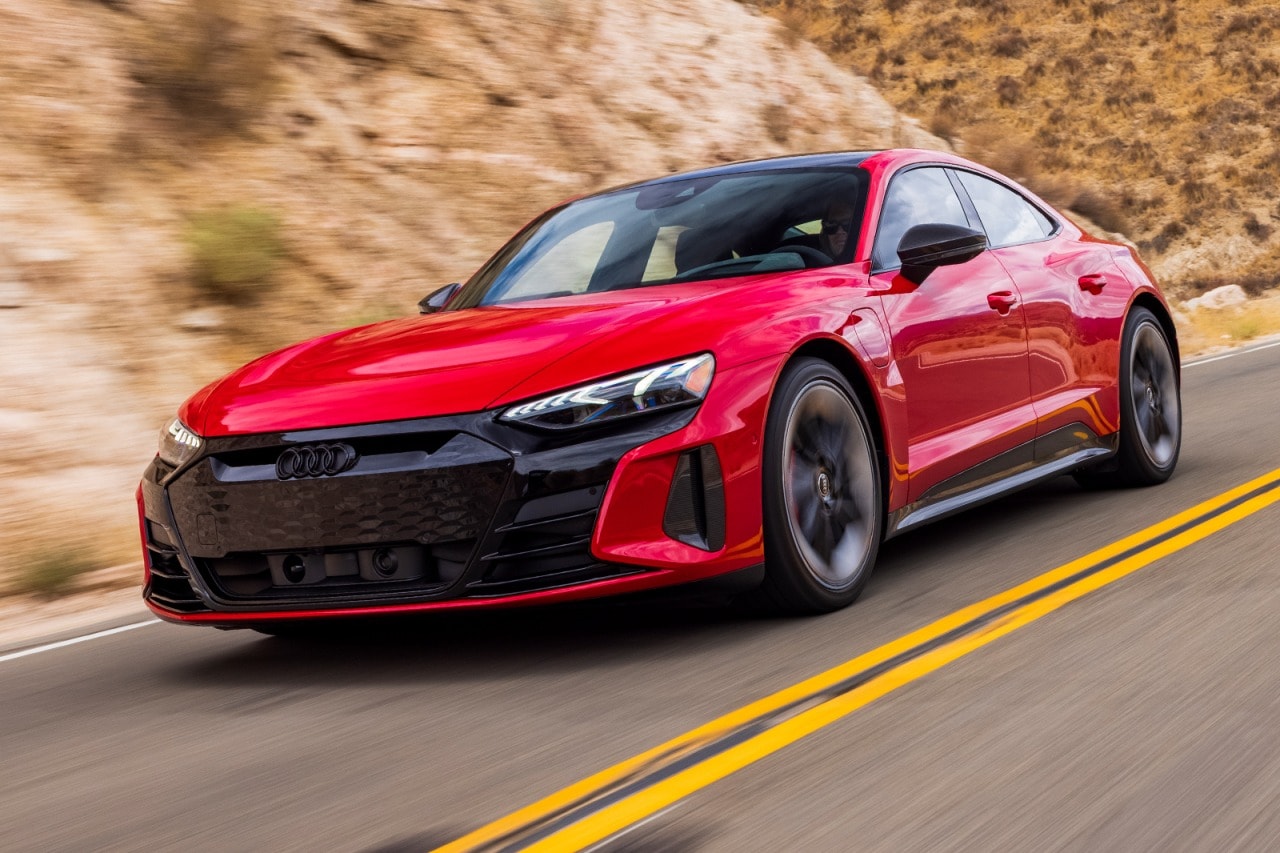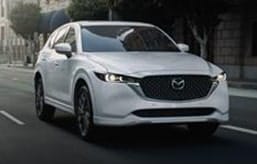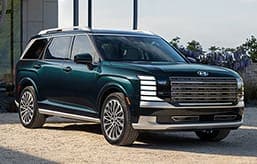- The RS e-tron GT offers the speed and stopping power of a premium EV.
- It's heavy, and as long as you respect that, the RS e-tron GT is a satisfying drive.
TRACK TESTED: 2022 Audi RS e-tron GT Hits 60 in 3 Seconds Flat
But are we wrong to want more from the RS badge?
Audi has defined the RS badge to be an abbreviation of RennSport, which translates from German as "racing sport." So when you see that badge on a vehicle, you're right to expect something a little extra special. Currently, the gas-powered RS 6, RS 7 and RS Q8 exemplify that RennSport philosophy, each one seeming to defy the performance limits of its class. Does the RS version of the all-electric and already impressive Audi e-tron GT live up to expectations? We took it to our test track to find out.
The RS e-tron GT certainly goes, and it stops just about as well
"0-60 in 3.0 seconds (2.8 when you factor in one foot of rollout) and through the quarter mile in 11 seconds flat at 125.8 mph. Like it ain't nothing." Such is the speed of modern EVs that even our seasoned test drivers marvel at the ease of ripping off numbers that just 10 years ago were reserved for ultra-exotics or flat-out race cars. Sporting up to 637 horsepower (when you use its overboost or launch control feature) the RS e-tron GT offers up effortless acceleration. Our quickest run was recorded using the launch control: You just select the Dynamic drive mode, hold your left foot on the brake pedal while applying full pressure to the accelerator pedal until the power meter flashes, then let the brake pedal go and experience what sounds like a mix of electronic fury and an angry, out-of-control steam boiler. It's a deep and slightly disorienting noise but completely appropriate for the impressive thrust.
Stopping the RS e-tron GT is nearly as impressive. Our test car was equipped with the optional carbon-ceramic brake system. Needing no heat to reach its optimal stopping power, we recorded three 60-mph panic stops of around 104 feet out of our five attempts. That's sports-car short. Pedal feel was considerably better than what we experienced in the non-RS version, but we're at a loss to understand why Audi doesn't include stronger regenerative braking as Tesla, Hyundai and Chevrolet do in their EVs.
Am I Ready for an EV?
- EV ownership works best if you can charge at home (240V outlet)
- Adding a home charging system is estimated to cost $1,616 in
- Edmunds is partnering with Treehouse, an independent provider of home EV installation services. Learn more about the installation services partnership
What it can and cannot do
The 5,167-pound elephant in the room is, well, the RS e-tron GT's curb weight. This is a heavy car, and as a result, you can't really expect it to do sports-car things around corners, even if it looks like it most certainly can. The first hint of the RS' more modest capabilities are the 300-treadwear Goodyear Eagle F1 tires. In the current world of sticky-Michelin-shod everything, the Goodyears proved to be a bit noisy and returned somewhat lower limits than we expected from something flashing the RS badge. On our skidpad, we pulled a not unimpressive 0.97 g, but that was only 0.01 g more than the non-RS e-tron GT we'd tested a month earlier.
Test notes made mention of somewhat light steering and a lack of the expected dynamic handling. "Like the non-RS e-tron GT, this simply feels like a heavy AWD EV. No appreciable torque vectoring during steady state cornering. The rear feels like it's just pushing the front around. Any additional power you add seems to go straight to the front wheels and pushes the RS into understeer." If you sense a bit of disappointment, you'd be right. Our test drivers were in awe of, and completely smitten with, the handling exploits of the RS 6 and RS 7 but were left cold by the stylish RS e-tron GT.
Around our handling test loop it was more of the same. "If you relax and don't climb all over the wheel, this is a relaxing car to drive briskly. Think GT, not sports car, and you get the idea." There's a bit more dynamic enjoyment to be discovered from the RS e-tron GT on a good road, but it lacks the outright handling capabilities of the closely related Porsche Taycan.
Edmunds says
There's no doubting the confidence you enjoy behind the wheel of the 2022 Audi RS e-tron GT. But Audi's storied RS badge brings with it some heavy performance baggage that the RS e-tron GT seems unable to lift. Is it fast? Effortlessly. Does it offer impressive stability? Absolutely. Does it deserve the RS badge? Well, that's something you can mull over while you wait for it to recharge after a good drive.
To learn more about the RS e-tron GT's range and all the other electric vehicles we test at Edmunds, be sure to check out our industry-exclusive EV range leaderboard for real-world range results.





 by
by